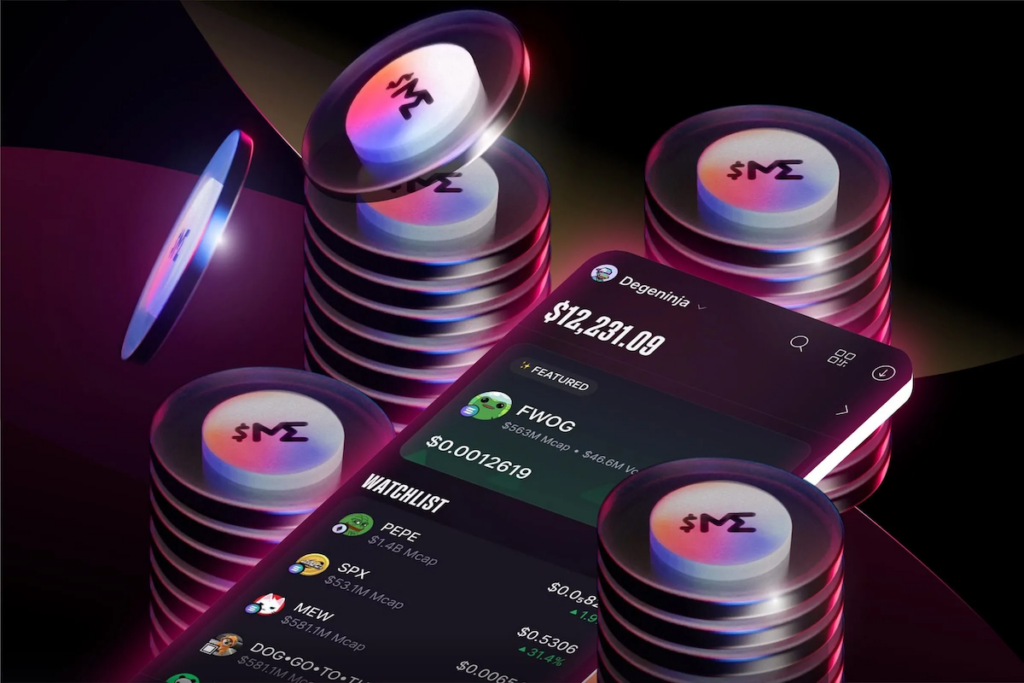In a move marked by precaution, the creators of the upcoming blockchain game Shrapnel have decided to implement a limitation for its player base in the United States. This AAA first-person extraction shooter game is expected to be released in early access this January. Players worldwide, notably in Europe and Asia, will enjoy unrestricted access. However, the American audience will face a restriction for now: the inability to cash out within the game.
A Response to Regulatory Scrutiny
Francis Brankin, the Head of Economy at Shrapnel, shared the rationale behind this decision in an interview with CoinTelegraph. According to Brankin, U.S. players “can do everything every other player can do, but they can’t cash out.” Brankin remains hopeful that this will be temporary and envisions a future where U.S. players can transfer their in-game earnings to their bank accounts.
This move can be seen as a reaction to the intensified scrutiny from the U.S. Securities and Exchange Commission (SEC), spearheaded by Gary Gensler. It’s worth noting that this climate has led several cryptocurrency firms to limit their services in the U.S., instead focusing their efforts on international markets where the regulatory environment may be perceived as more favorable.

An Overview of Shrapnel
Shrapnel is an ambitious gaming project, integrating blockchain technology to offer a moddable AAA Web3 gaming experience where players have a significant stake in the game’s direction and economy. The technology facilitates a platform where players can earn real income through various avenues such as trading, playing, and creating content within the game. Central to this is the SHRAP token, a digital asset that empowers gamers by rewarding their dedication and engagement with the game.
In addition, Shrapnel encourages player-driven content creation, offering tools that allow players to design unique content that can be converted into NFTs. These tokens can subsequently be traded on the Shrapnel Marketplace and even earn rewards based on their popularity within the community.
Future Prospects and Challenges
The adoption of blockchain technology in gaming hasn’t been without legal challenges. Recently, the SEC initiated enforcement action against the Los Angeles-based company Impact Theory, accusing them of selling unregistered securities as NFTs. This resulted in a legal settlement requiring the company to set up a fund to reimburse investors and a penalty exceeding $6.1 million.
Despite these regulatory hurdles, the integration of blockchain technology in gaming continues to surge forward, promising to reshape the landscape of the gaming industry. As seen with Shrapnel, developers are cautiously navigating this complex regulatory environment, adapting their strategies to comply with existing laws while offering an innovative gaming experience.
Brankin and the team at Neon, the company that developed Shrapnel, are both cautious and optimistic about the future. They are focused on one main goal: to make sure that players in the U.S. can have the complete gaming experience, including withdrawing their in-game earnings. This hope reflects a wider wish in the gaming industry to create a balanced relationship between new Web3 gaming platforms and existing regulations.




